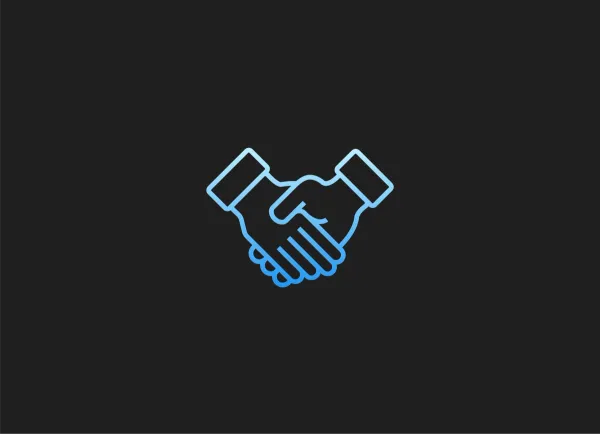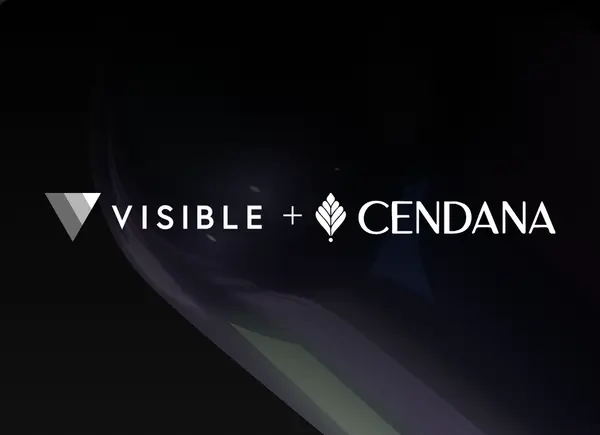When an investor tells you they’d like to fund your company, it may feel like you’ve reached the finish line. The hard work and time you’ve put in to fundraising is finally paying off, and soon enough you’ll have the resources you need to grow your business.
Not so fast. As any good salesperson will tell you, there’s a big difference between “I’d like to close” and actually closing. From getting partner buy-in to completing due diligence, there’s a lot to think about when closing a new investor. If you know this, and are properly prepared, you can reduce the time it takes to get your check, plus save yourself a lot of headache. Here are a few things you can do to make the process smooth.
Be prepared
OK, so this is cheating a bit. This part actually happens before an investor tells you they want to fund your company. This is the prep work you do before going in to formal pitch meetings to make sure you can respond quickly when a potential investor wants more information.
Christoph Janz provides a great overview of how to do this kind of preparation in “6 things to pre-empt 90% of due diligence.” Most of the guidance here is around preparing the metrics that investors will want to see. Having all of this data at the ready can speed up the closing process dramatically.
Janz encourages startup leaders to create a dashboard for investors that is clean, comprehensible, and uses the right terms. If you need assistance with that, I happen to know of a product that can help.
Understand the process
With preparation out of the way, we come back to the moment of investor interest. Once the investor says they want to fund you, it’s time to ask some questions. If you’ve done sales in the past, you should know what this looks like, because the questions are very similar to those you’d ask at the end of a good sales call:
- “Who else needs to be involved?” – As David Teten points out, you may only meet with one partner at a fund, but that doesn’t mean they’re the only one you have to persuade. Understanding the internal approval process will help you set your own expectations, and help you XXX
- “What will you need from me?” – This is where your preparation comes in handy. If you’ve done it correctly, you’ll have most of what the investor asks for ready to go. You can even send an FAQ doc and metrics dashboard right after the meeting, which will demonstrate your transparency and preparedness. Then you can gather any additional data while the investor has some internal conversations.
- “What’s the timeline?” – Again, you’re establishing expectations here. Not only does asking for a timeline allow you to plan accordingly, but it also injects a little accountability on the investor’s part. If they give you a time frame to complete the process, you can (politely) hold them to it.
- “What could go wrong?” – It’s a scary question, but it’s one you should ask. If you know what could stand in the way of securing funding, you’ll be able to work to prevent it.
Do your part
If you’ve done your prep work and asked the right questions, the closing process should be relatively straightforward. Bumps in the road do happen, though, and you should be ready to adjust accordingly.
The key is good communication. That means responding quickly to new questions that come up, being as transparent as you can reasonably be, and being professionally persistent with follow-up. Establishing a timeline early in the process gives you something to reference back to later. Any updates or changes on your side should be communicated proactively as well.
Above all, remember that this closing process is the beginning of a relationship—a relationship that is very important to the future of your business. By starting the relationship off with good communication and the right expectations, not only will you shorten the time it takes to get your funding, but you’ll also be setting yourself up for a successful and productive future with you new investor.



